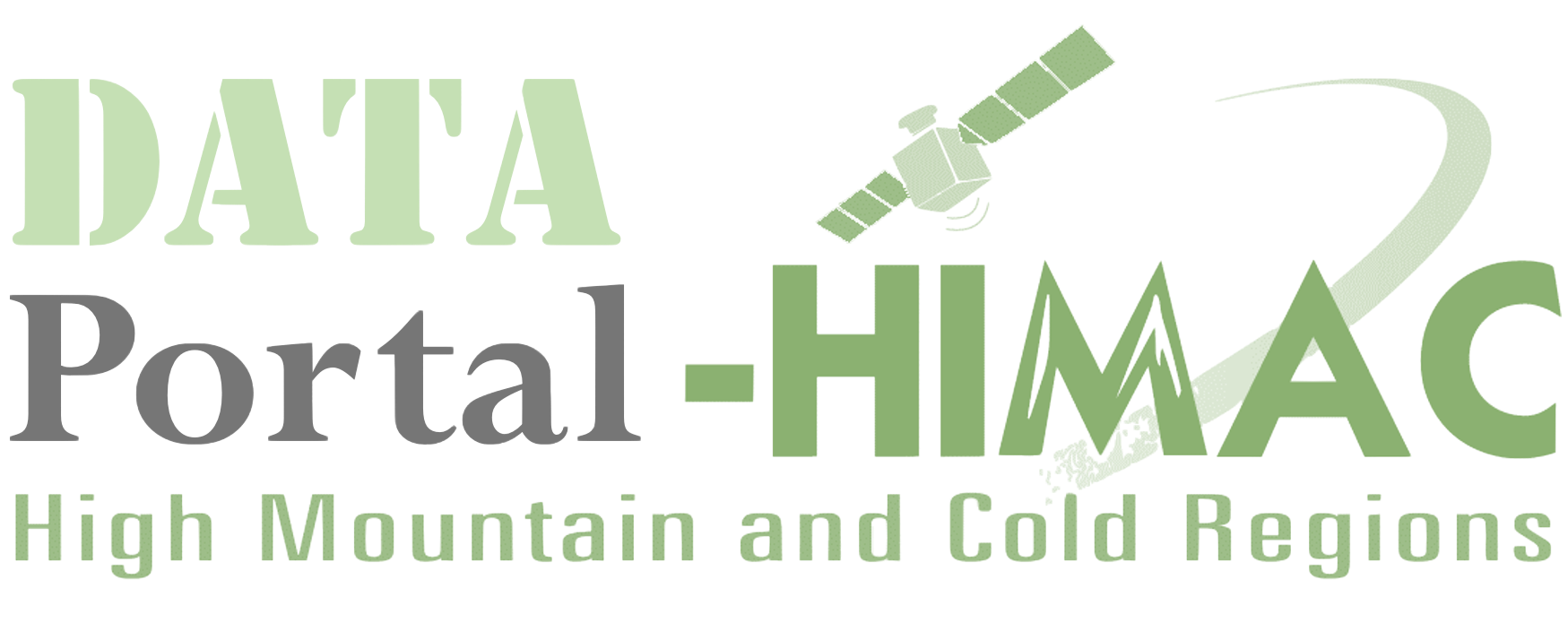WDS Data Portal
Data and Resources
Additional Info
| Field | Value |
|---|---|
| Source | https://www.worlddatasystem.org/services/data-portal |
| Last Updated | May 26, 2021, 02:34 (UTC) |
| Created | December 17, 2020, 16:01 (UTC) |
| Country | International |
| Data Management | Data management planning is the structured way of thinking about the research data you are going to collect. What type of research data will the research project produce? What format will you use? How will you store them and how can they be accessed? By thinking about these questions at an early stage and documenting your answers you will avert future problems as a researcher. One of the ways to think about the data collecting process is by using a format: a Data Management Plan (DMP). These formats come in a variety of shapes and sizes, depending on the research discipline, requirements from the research funder, and local initiatives. A DMP can be a separate document. It helps the researcher identify and list the risks with regard to management of research data during the entire research process. Because not everything is known from the outset, it is recommended to treat the DMP as a 'living document', which can be revised and detailed periodically. Research funders nowadays often require that a DMP is included in the project proposal. Typically, the research proposal either contains a data section or a separate DMP is incorporated as an annex. For research funders, the reason behind it is to promote open access to research data: in their opinion, research data produced in the context of a publicly funded research project should be freely made available for reuse and verification. Recent cases of data manipulation and fraud emphasize the importance of access to the original data. By increasing awareness of research data management across the board—from funders, to researchers, to support staff—we can ensure that research data are handled properly, both in the present and future. More data will be available for reuse, and more data will be reused. In the end, reuse of any form will help contribute to the solutions of today's grand challenges. |
| Data Policy | The overall objectives of WDS are defined in its Constitution as follows: Enable universal and equitable access to quality-assured scientific data, data services, products and information Ensure long term data stewardship Foster compliance to agreed-upon data standards and conventions Provide mechanisms to facilitate and improve access to data and data products The strategy for achieving these objectives is outlined in the current five-year Strategic Plan 2019–2023, structured around three major targets: Improve the sustainability, trust in, and quality of open scientific data services Nurture active disciplinary and multidisciplinary scientific data services communities Make trustworthy data services an integral part of international collaborative scientific research |
| Data Sharing Principle | The World Data System of the International Science Council (WDS) aims to promote universal and equitable access to quality-assured scientific data, data services, products and information, with a view towards long-term data stewardship. Furthermore, WDS is committed to fostering compliance with agreed-upon data standards and conventions, and providing mechanisms to facilitate and improve access to data. As the leading international, multidisciplinary organization in the provision of Trustworthy Data Services, WDS has adopted Data Sharing Principles to advance its goals. The Principles express core ethical commitments that are operationalized in WDS Certification. For Regular and Network Members, it is anticipated that existing organizational policies align with these Principles; Partner and Associate Members are not subject to certification and therefore are not required to adopt them, but are encouraged to do so. The Principles embody the spirit of 'Open Science' meant to unite diverse communities of data producers and data users, and thus could be adopted by anyone pursuing science for the public good. The WDS Data Sharing Principles are in line with the data policies of national and international initiatives, including those of the Group on Earth Observations, the G8 Science Ministers' Statement and Open Data Charter, the OECD Principles and Guidelines for Access to Research Data from Public Funding, as well as the Science International Accord on Open Data in a Big Data World enunciated jointly by the International Science Council—then separately, the International Council for Science and the International Social Science Council—the InterAcademy Panel, and the World Academy of Science. Principles Data, metadata, products, and information should be fully and openly shared, subject to national or international jurisdictional laws and policies, including respecting appropriate extant restrictions, and in accordance with international standards of ethical research conduct. Data, metadata, products, and information produced for research, education, and public-domain use will be made available with minimum time delay and free of charge, or for no more than the cost of dissemination, which may be waived for lower-income user communities to support equity in access. All who produce, share, and use data and metadata are stewards of those data, and have responsibility for ensuring that the authenticity, quality, and integrity of the data are preserved, and respect for the data source is maintained by ensuring privacy where appropriate, and encouraging appropriate citation of the dataset and original work and acknowledgement of the data repository. Data should be labelled ‘sensitive’ or ‘restricted’ only with appropriate justification and following clearly defined protocols, and should in an |
